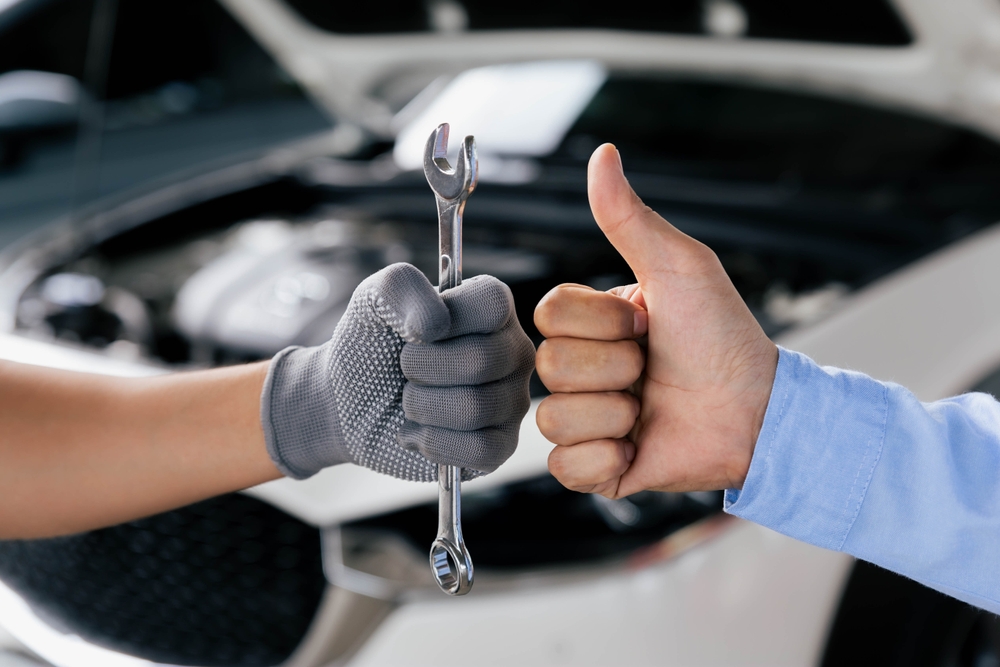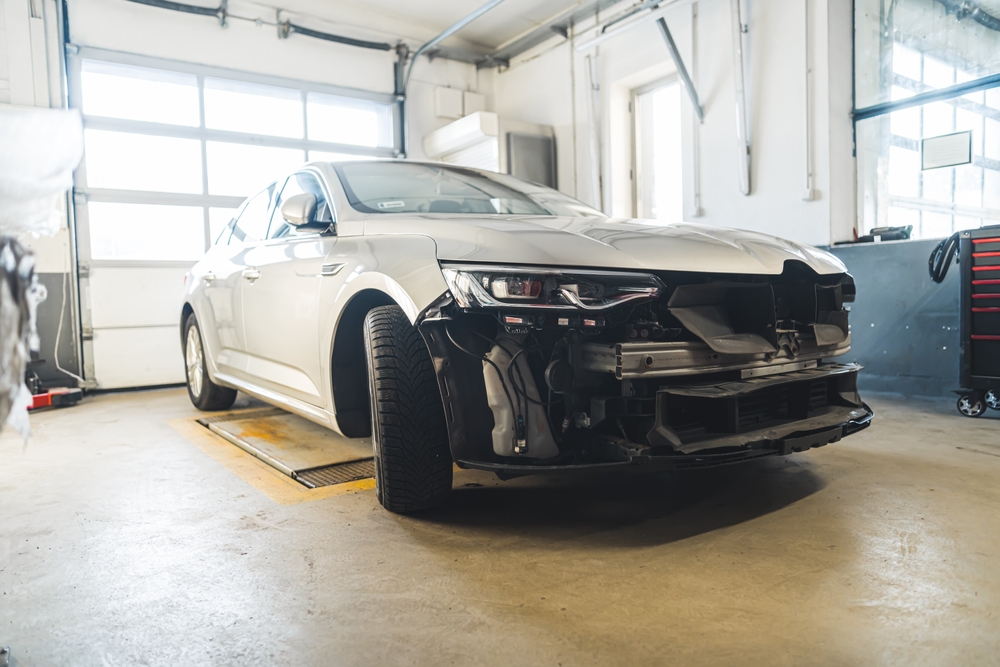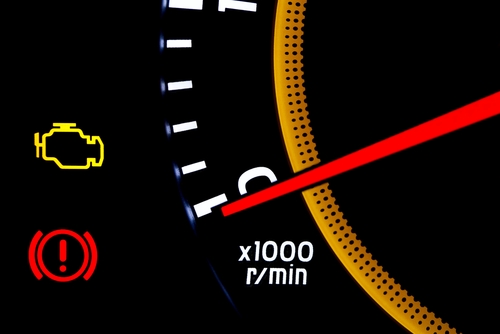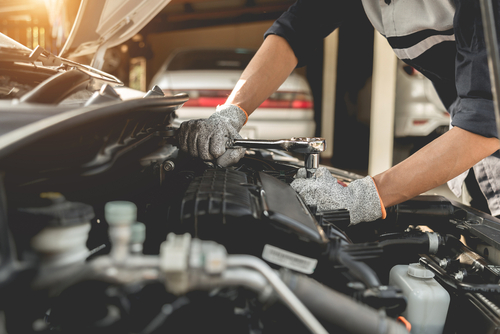Supporting Local: The Benefits of Choosing an Independent Auto Shop in La Grande
More and more consumers are rediscovering the value of local businesses. And when it comes to car care, choosing an independent auto shop in La Grande can provide a host of benefits that go beyond just convenience. From building personal relationships with trusted mechanics to receiving customized service and supporting the local economy, opting for an independent auto repair shop is a decision that benefits both the customer and the community.
Personalized Service with a Human Touch
One of the standout advantages of going local for auto repair in La Grande is the personalized service you receive. Unlike national chains that often operate with a one-size-fits-all approach, independent auto shops are deeply invested in their clients. These businesses thrive on word-of-mouth recommendations and long-term customer relationships, which means they’re more likely to treat you like a person rather than a transaction.
When you walk into a locally-owned garage, you’re greeted by familiar faces. Your mechanic likely remembers your vehicle, the work done on it previously, and any issues you’ve had in the past. This continuity not only makes the process more comfortable but also results in better care for your vehicle. The attention to detail and consistency offered by independent auto repair businesses ensures that your car receives the thorough attention it deserves. It’s not uncommon for these shops to go the extra mile—literally and figuratively—offering to explain repairs in detail or even showing you the problem firsthand.
Expertise Rooted in Community
Independent auto shops in La Grande often have a reputation built over years or even decades. These shops are frequently run by seasoned professionals who have honed their craft in the same community for most of their careers. This local expertise provides a tremendous advantage. Mechanics familiar with the area’s unique driving conditions—such as mountainous terrain, rural roads, or harsh winters—can offer informed recommendations and anticipate problems that might not be on the radar for chain service providers.
Moreover, independent shops often employ technicians who are passionate about their trade. Rather than rotating through staff like some franchises, these businesses cultivate skilled teams that are dedicated to their work and their reputation. This creates a culture of pride and accountability that translates into higher-quality service.
Additionally, the technicians in La Grande’s independent shops are typically ASE-certified and keep up with ongoing training. Many shop owners invest in continuing education and advanced diagnostics to stay ahead of automotive innovations. You get the same—if not better—level of expertise than you would at a national brand, with the added benefit of a team that genuinely cares about your car and your safety.
Competitive Pricing and Honest Estimates
There’s a common misconception that dealership or chain-affiliated repair centers are more affordable or offer better value. In reality, many independent auto shops in La Grande offer competitive, and sometimes even lower, pricing. Without the overhead costs and corporate markups that big-name shops have, independent mechanics can pass the savings on to their customers.
What really sets local mechanics apart, though, is their transparency. These businesses rely heavily on maintaining a solid reputation in a tight-knit community. It’s not just good business—it’s survival. This means you’re less likely to encounter unnecessary upselling or surprise fees. Most independent shops are straightforward about costs, explain needed repairs in clear terms, and even help prioritize what work is essential versus what can wait.
When you find a trusted mechanic locally, you gain more than just fair prices; you gain peace of mind. You know your vehicle is being serviced honestly and competently, with your best interests at heart. That kind of trust is hard to quantify but easy to appreciate once you’ve experienced it.
Supporting the La Grande Economy
Beyond the personal benefits, choosing a locally-owned auto shop helps fuel the local economy. When you spend money at a local business, more of that money stays in La Grande. It supports local jobs, pays local taxes, and contributes to the general wellbeing of the community. In fact, studies consistently show that locally-owned businesses reinvest a greater share of their revenue into the regional economy compared to national chains.
Independent auto repair shops also tend to support other local businesses. Whether it’s purchasing parts from regional suppliers or partnering with local towing companies, their economic footprint extends throughout the community. It’s a ripple effect: your choice to support one local business helps several others thrive as well.
Moreover, these businesses often give back in other meaningful ways—sponsoring little league teams, donating to school fundraisers, or volunteering at community events. They’re not just shops; they’re neighbors. Supporting them reinforces a sense of shared responsibility and community resilience.
Convenience without Compromise
People sometimes assume that independent shops are less equipped or less efficient than their larger counterparts. That couldn’t be further from the truth. Many local auto repair shops in La Grande are outfitted with state-of-the-art diagnostic tools and repair equipment. They service a wide range of makes and models, from everyday commuter cars to specialty vehicles, and often offer the same services as chain competitors—oil changes, brake jobs, transmission repairs, diagnostics, and more.
On top of that, local shops tend to be more flexible and accommodating. Need a ride home after dropping off your car? A local mechanic might offer you a lift. Have an urgent repair? Independent shops are often more agile and able to fit you in sooner than larger service centers locked into corporate scheduling systems.
The customer-first attitude you’ll find in a La Grande independent auto shop is all about convenience that doesn’t compromise quality. You receive personalized scheduling, tailored services, and often faster turnaround times—without sacrificing workmanship or professionalism.
Conclusion
Choosing an independent auto repair shop in La Grande isn’t just about fixing your car. It’s about investing in a relationship with a trusted mechanic who values your business, understands your needs, and stands behind their work. It’s about receiving personalized service, fair pricing, and the satisfaction of knowing you’re contributing to the vibrancy of your local economy.
In a time when convenience often trumps community, supporting local mechanics is a powerful act. It affirms that small businesses matter. It says you care about the people who live and work in your town. And perhaps most importantly, it ensures that when your car does need service, there’s someone nearby who knows you—and your vehicle—by name.
So next time your check engine light comes on or your brakes start squeaking, consider taking your vehicle to a trusted independent auto repair shop in La Grande. You might just find that the best care for your car—and your community—is closer than you think.
Need a Mechanic in La Grande, OR?
Our team here at Integrity Automotive has provided quality auto repair services for our customers since 2003. We are a full service auto repair shop and specialize many types of vehicles, including European models such as BMW and Audi, as well as diesel trucks. Our services include engine repair, transmission services, and many more services. Moreover, we are ASE certified and are a proud member of NFIB, and we are a certified NAPA auto care center. Call or come in for immediate service!





